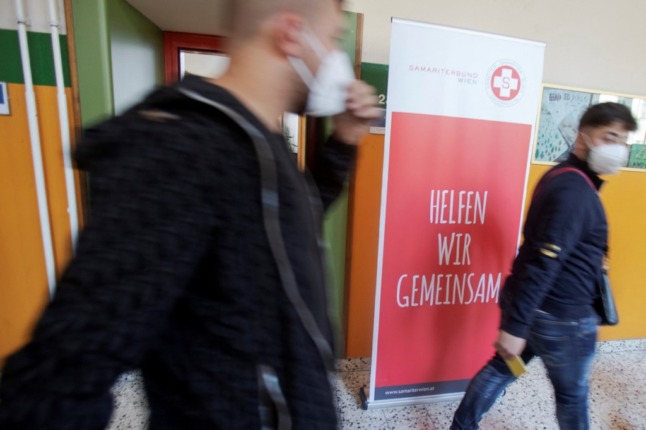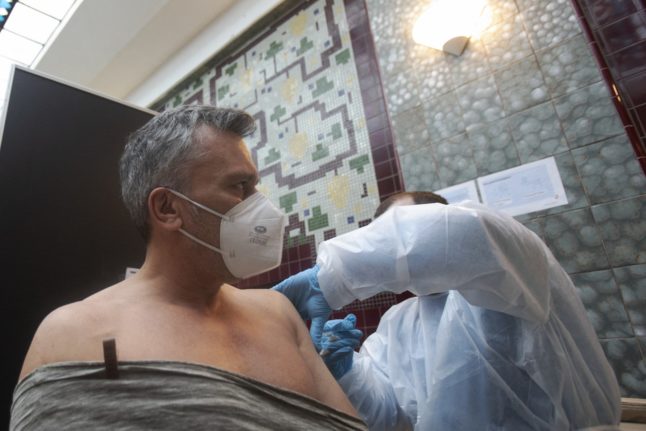Austria’s strict new rules, which come after the country has seen a sharp rise in Covid cases in recent days, only apply to people who have had the opportunity to get a vaccine.
In most of Austria, the 2G rule applies from the age of 12 and above, but there are specific rules for teenagers aged 12 to 15.
Teenagers in the 12-15 age range can use the ‘Ninja Pass’ to show proof of a negative test result, and will be able to enter 2G venues using this even if they are not fully vaccinated. This is particularly helpful for teens who will soon turn 12 and therefore have not yet had the opportunity to have both jabs.
Vienna is an exception. Here, children from the age of six and up must show an ‘entry test’. For children aged 6-11, this can be proof of full vaccination, recovery, a negative PCR test result no more than 72 hours old or a negative antigen test result no more than 48 hours old. For children aged 12-15, this can be proof of full vaccination, recovery, or a negative PCR test result no more than 48 hours old.
The new 2G rules do not affect access to Austria’s schools. Schools already have their own “separate control loop”, as the Ministry of Education describes it, which entails extensive PCR testing.
Across the Austrian education system, school children are tested on a regular basis, either with PCR or antigen testing. These rules will be continued.
READ MORE: How will Austria’s Covid rules change on November 8th?



 Please whitelist us to continue reading.
Please whitelist us to continue reading.
We are residents of Spain and are traveling to an Austrian ski resort at the beginning of December with our 13 year old son who has not been vaccinated. We (his parents) have been fully vaccinated.
What are the rules for our son regarding staying in hotels and using the cable cars in the resort?